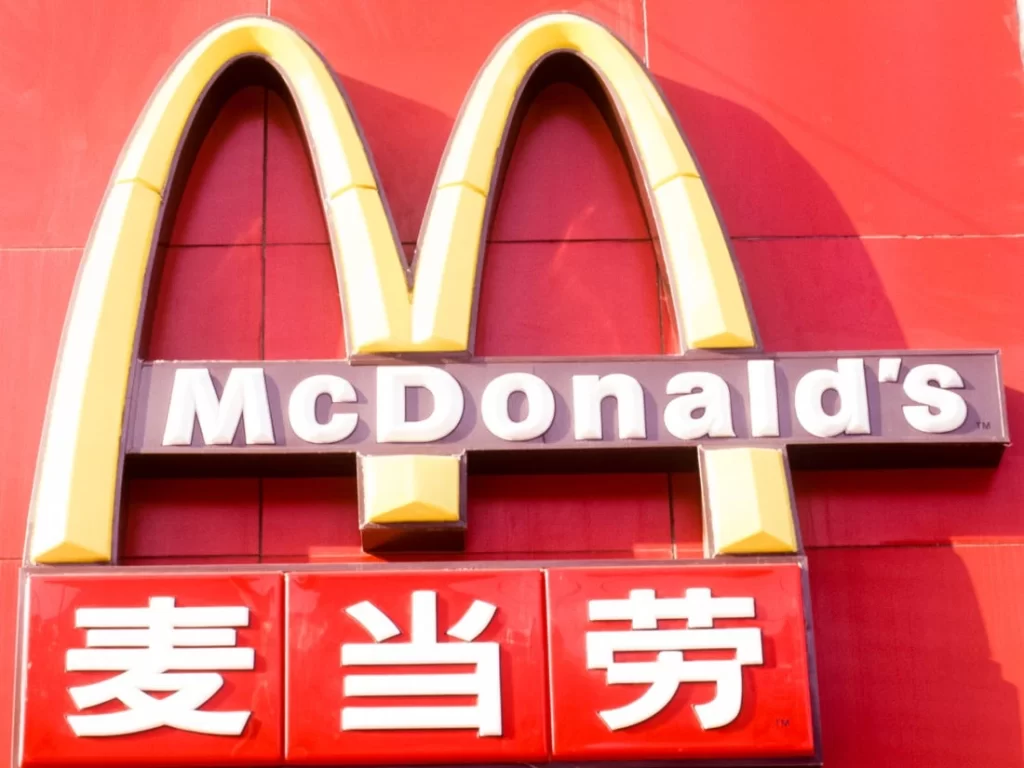In a strategic move to reshape its portfolio, CITIC Ltd., a Chinese state-owned conglomerate, has agreed to sell a 19.23% stake in its McDonald’s China and Hong Kong operations. The buyer, Trustar Fast Food Holdings, will acquire this share for $430.3 million. This decision follows CITIC’s 2017 acquisition of a majority stake in McDonald’s China, which aimed to accelerate the brand’s expansion in the region. However, as competitive pressures mount and market dynamics shift, CITIC is trimming its position to focus on other ventures.
Key Context of the Deal
The McDonald’s business in China has grown significantly since CITIC and its partners, including Carlyle Group, took control of the franchise. At the time, the acquisition covered over 2,500 stores across mainland China and Hong Kong. CITIC’s decision to divest part of its stake reflects shifting business priorities and the need to free up capital for other investments, especially as the fast-food market in China becomes more competitive with domestic rivals gaining ground.
Trustar, a relatively new player in fast food investments, will enhance its footprint in one of the world’s fastest-growing markets. The deal highlights a broader trend of local investors seeking greater control in multinational ventures, emphasizing China’s growing importance as a key battleground for global brands.
Implications for McDonald’s in China
The sale is not expected to affect the day-to-day operations of McDonald’s in China and Hong Kong. The brand remains committed to its growth plan, focusing on digital services, delivery, and opening new stores across the country. McDonald’s has already seen considerable expansion since the 2017 deal, with over 1,000 new stores added. This new ownership structure could bring renewed focus on navigating the evolving consumer landscape in China’s fast-food industry, especially in competition with local chains like KFC and emerging domestic brands.
This transaction underscores the shifting dynamics of multinational joint ventures in China. As local investors like Trustar take on more significant roles, it reflects broader changes in the Chinese economy and the fast-food market. For CITIC, this sale allows the company to refine its investment strategy, while for McDonald’s, it opens a new chapter of local influence and adaptation in a highly competitive environment.

